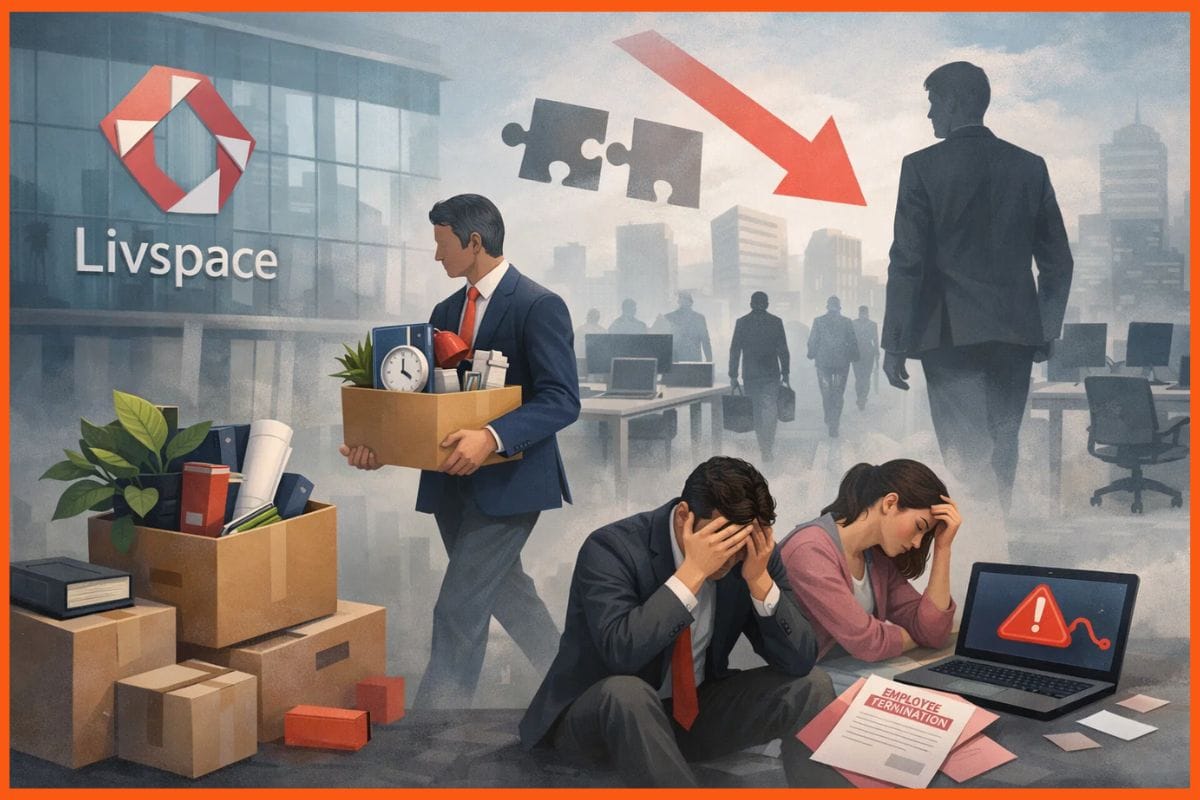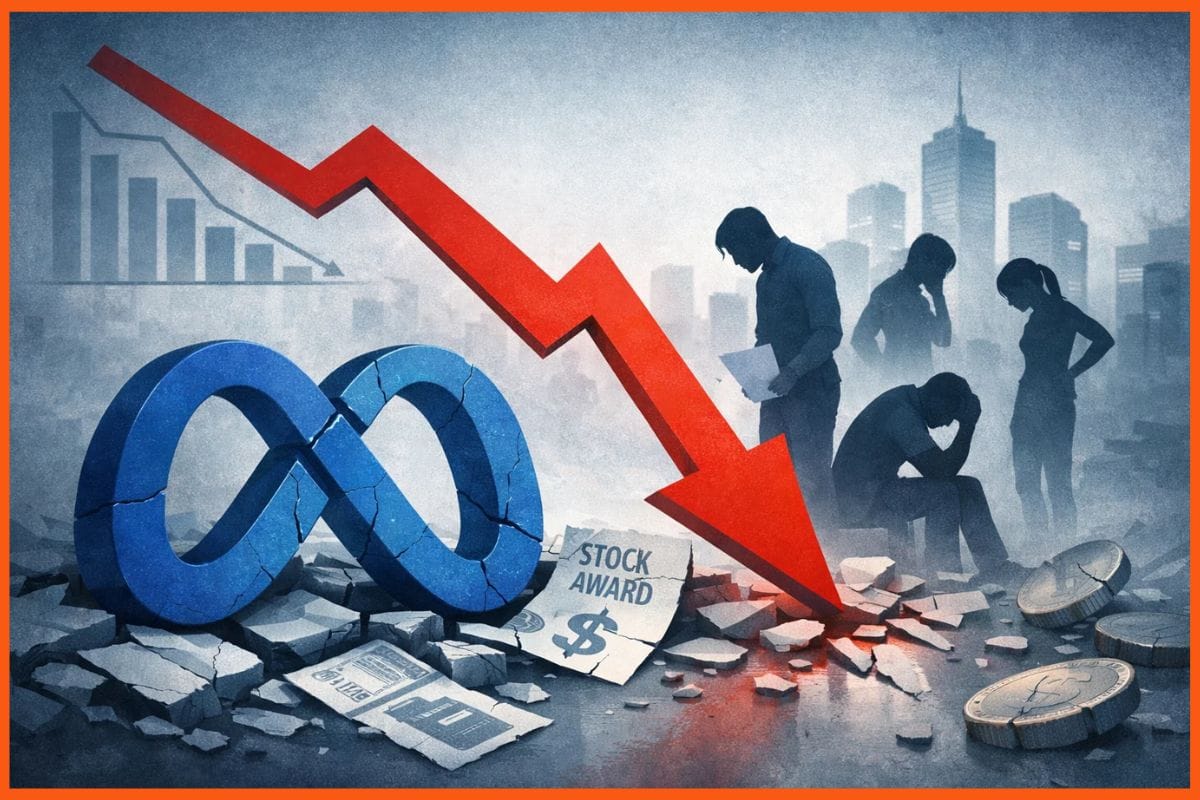Wikipedia Business Model | How Wikipedia Makes Money?
🔍Insights
Aren't we all familiar with Wikipedia? They are the world's largest encyclopedia, and they are also completely free. If you want to know the population of a country or the future film of your favourite actor, we all go to Wikipedia, the online Encyclopaedia. It will be one of the top results if you type anything into Google.
Most of you are probably wondering who still uses it because we all know it's not a credible source, and even they are aware of it. They even have a Wikipedia page that claims Wikipedia is not a trustworthy source. This is because it is run entirely by volunteers, and anyone can modify the article. This website contains over 5.5 million articles and 33 million registered users, which may surprise you. So now you know how popular this website is.
Okay before we move on to its business model let's have a look at how this concept came to be in the first place.
Origin of Wikipedia
The rise of Wikipedia
Wikipedia’s Business Model
How Wikipedia makes money?
Criticisms of Wikipedia
Conclusion
FAQs
Origin of Wikipedia

The First Wiki
Wiki predates the website itself, having been coined in 1995 by an American programmer named Ward Cunningham. For any database of information gathered collaboratively by a community of users, Ward Cunningham created the first Wiki in 1995, known as the ‘Wiki Wiki Web,' after the Hawaiian word for ‘quick. Following Wiki Wiki Web, the next major source of information was Nupedia, which was created by Jimmy Wales in 1999 and funded and underwritten by the dot com business ‘Bomis'.
Wikipedia’s antecedent: Nupedia
Larry Sanger, a programmer, was hired in January 2000 to supervise Nupedia’s pages. Previously, the pages required a seven-step approval process before they could be published in an attempt to ensure the articles were of the highest quality with editors expected to hold Ph.D.'s in the field of the publication. The flipside of this approval process was the rate at which art schools were produced with new media accepting only 21 pieces in its first year, not satisfied with the website's ability to distribute information at such a rapid pace. In 2001, Sanger & Wales started ‘Wikipedia,' a side project with a significantly straightforward approval process.
The rise of Wikipedia

It was originally meant to be a for-profit corporation that also provided the website's bandwidth and server. Within a year of launch, Wikipedia International was also made available in the languages of French, German, Swedish, and Italian and a total of 20,000 articles have also been published. In 2002, Wales and Sanger agreed that Wikipedia would be a non-profit organization, and the firm withdrew from a project due to financial difficulties. In 2003, Nupedia’s website was deactivated and its content was absorbed into Wikipedia, which adopted the first iteration of its jigsaw world logo. In 2003, the Wikimedia Foundation was founded, which is currently Wikipedia's parent company, and also manages the company’s other products like Wikiquote, Wiktionary, and WikiBooks.
Wikipedia’s Business Model
Wikipedia is a user-generated encyclopaedia. An online platform that allows users from all around the world to write or update information based on credible sources. This is what makes Wikipedia unique. People can share their thoughts on an issue, providing them the opportunity to stand up and express themselves. It can be a good way for an unlearn strategy (exactly what the word says you forget what you have learned back a long time ago and keep an open mind for new perspectives).
This streamlines Wikimedia’s Business by removing the need to focus on how to increase visitors to their website because there are already volunteers providing free content. All they have to do now is focus on the website, server, and management.

How Wikipedia makes money?
Wikipedia has continuously been ranked among the top ten most visited websites in the world over the previous decade, with over 50 million pages. Wikipedia continues to rely on voluntary donations for the majority of its funding, with over $90 million in donations received last year. Its board members uphold that they want Wikipedia to remain a free, ad-free information source. On its web store, it sells branded mugs and T-shirts, which produce modest revenue. The average donation to Wikipedia is roughly $15 and their contributions are tax-deductible in several countries.
Criticisms of Wikipedia
Despite being a valuable learning resource for millions of people all over the world, Wikipedia has not been without its critics. In a survey by The Guardian, the three most common criticisms were poor English usage, omissions of vital information, and articles that were unbalanced. It appears to be a small sample of those in charge of the world’s biggest learning resource, with only 400 employees. Several vandalism attacks have also been made against Wikipedia. One of the most well-known examples is the removal of Donald Trump's page in 2015, which was replaced with the words “Let’s be fair nobody cares about him". Some of the websites' fundraising banners have been chastised for obscuring articles and misled people to believe Wikipedia was in financial trouble.
Conclusion
Despite these pitfalls, Wikipedia has been described by Time magazine as the biggest and finest encyclopaedia on the planet. This resulted in a monthly user base of over 250,000,000. It can be impossible to verify what you are reading is always 100 percent true due to the prevalence of Internet vandals and the website's fundamentally open nature, but I think you'll be fine with some common sense and cross-referencing.
FAQs
Who is Wikipedia owned by?
Wikipedia is owned by wikimedia foundation.
Which country Wikipedia belongs to?
It belongs to United States.
Does Google own Wikipedia?
Google invests in wikipedia but doesn't own it.
Must have tools for startups - Recommended by StartupTalky
- Convert Visitors into Leads- SeizeLead
- Website Builder SquareSpace
- Run your business Smoothly Systeme.io
- Stock Images Shutterstock





